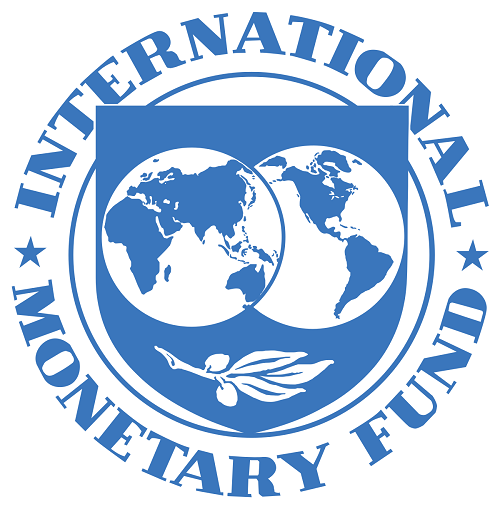
Sri Lanka will immediately have access to SDR 254 million (about US $336 million) to support its economic policies and reforms with the IMF Executive Board completing on Wednesday the 2024 Article IV Consultation and Second Review under the 48-month Extended Fund Facility
The country’s Performance under the program has been strong with all quantitative targets for end-December 2023 being met, except the indicative target on social spending, the IMF said.
Following the Executive Board’s discussion, Mr. Kenji Okamura, Deputy Managing Director and Acting Chair, issued the following statement:
“Sri Lanka’s performance under its Fund-supported program remains strong. All quantitative targets were met, except for the marginal shortfall of indicative target on social spending. Most structural benchmarks were either met or implemented with delay. Reforms and policy adjustment are bearing fruit. The economy is starting to recover, inflation remains low, revenue collection is improving, and reserves continue to accumulate.
Despite these positive developments, the economy is still vulnerable and the path to debt sustainability remains knife-edged. Important vulnerabilities associated with the ongoing debt restructuring, revenue mobilization, reserve accumulation, and banks’ ability to support the recovery continue to cloud the outlook. Strong reform efforts, adequate safeguards, and contingency planning help mitigate these risks.
“To restore fiscal sustainability, sustained revenue mobilization efforts, promptly finalizing the debt restructuring in line with program targets, and protecting social and capital spending remain critical. Advancing public financial management will help enhance fiscal discipline, and strengthening the debt management framework is also needed.
“Monetary policy should continue prioritizing price stability, supported by a sustained commitment to refrain from monetary financing and safeguard central bank independence. Continued exchange rate flexibility and gradually phasing out the balance of payments measures remain critical to rebuild external buffers and facilitate external rebalancing.
“Restoring bank capital adequacy and strengthening governance and oversight of state-owned banks are top priorities to revive credit growth and support economic recovery.
“The authorities need to press ahead with their efforts to address structural challenges to unlock long-term potential. Key priorities include steadfast implementation of the governance reforms; further trade liberalization to promote exports and foreign direct investment; labor reforms to upgrade skills and increase female labor force participation; and state-owned enterprise reforms to improve efficiency and fiscal transparency, contain fiscal risks, and promote a level playing field for the private sector.
Subscribe to our newsletter to get notification about new updates, information, etc..